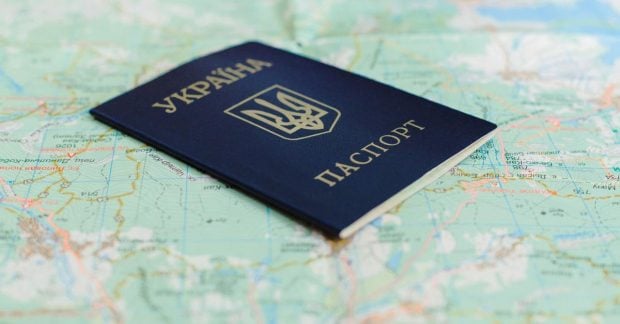International Monetary Fund logo is seen outside its headquarters during the IMF/World Bank spring meetings in Washington, U.S., April 20, 2018. REUTERS/Yuri Gripas/File Photo
NEW YORK, July 29 (Reuters) – The International Monetary Fund must ramp up its resources as it seeks to “monitor, advise on, and help manage this far-reaching and complex transition” to digital money, according to an IMF paper published on Thursday.
Digital money can make payments more accessible, faster and cheaper, the paper said. But to make that happen, policymakers must step up to key challenges: digital cash must be trustworthy, must protect domestic economic and financial stability, and the stability of the international monetary system should remain.
“The Fund has a critical role to play to help its members harness the benefits and manage the risks of digital money,” the paper said.
Importantly, digital money “must be regulated, designed, and provided so countries maintain control over monetary policy, financial conditions, capital account openness, and foreign exchange regimes”.
The paper makes the distinction between central bank digital currencies, stablecoins and e-Money, on which it focuses, and cryptoassets including bitcoin. “While different types of digital money are considered, this paper does not take a stand on which form may predominate.”
The paper, dated March, discussed by the IMF board in April and published on Thursday, offers a vision for the evolution of the Fund and how it seeks to partner with other organizations like central banks, regulators and the World Bank.
“The Fund too must step up,” the paper said.
“The Fund must rapidly strengthen, widen, and deepen its well-established work on digital money, while coordinating and collaborating closely with other institutions within the confines of its mandate. The Fund must also rapidly ramp up its resources devoted to these topics.”
In a separate blog post earlier this week, the director of the IMF’s monetary and capital markets department and the director of its legal department said any attempt to use cryptoassets as national currencies would be risky.
Advantages “including the potential for cheaper and more inclusive financial services, should not be overlooked”, they said.
“Governments, however, need to step up to provide these services, and leverage new digital forms of money while preserving stability, efficiency, equality, and environmental sustainability. Attempting to make cryptoassets a national currency is an inadvisable shortcut.”
Reporting by Rodrigo Campos; Editing by Catherine Evans
Our Standards: The Thomson Reuters Trust Principles.





